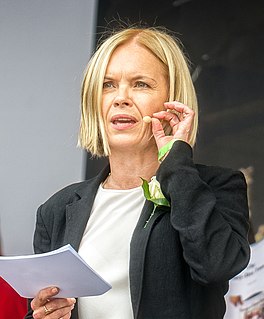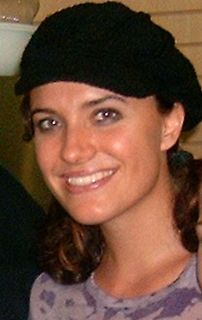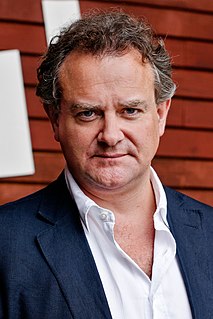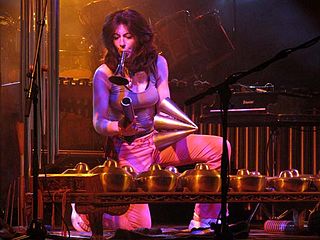A Quote by Thomas Pynchon
What’s this? What are the antagonists doing here – infiltrating their own audience? Well, they’re not really. It’s somebody else’s audience at the moment, and these nightly spectacles are an appreciable part of the darkside hours of life of the rocket capital. The chances for any paradox here, really, are less than you think.
Related Quotes
In theater, it's just you and the audience. It's less of a popularity contest. It's just you and the audience, and they're laughing or they're not laughing, that's the only gauge you really have. But with TV and movies and everything, it's like "Well, did you get a meeting at so-and-so?" and "So-and-so's really hot right now," which is all the stuff I'm probably still not used to.
I think I'm really part of a whole generational movement in a way. I think a lot of other people since and during this time have gotten interested in writing what we can still call experimental music. It's not commercial music. And it's really a concert music, but a concert music for our time. And wanting to find the audience, because we've discovered the audience is really there. Those became really clear with Einstein on the Beach.
I think when you're younger, as an actor you have much more of a notion that you are doing something to the audience. But with experience, I think you begin to worry less about what the audience's experience is and concentrate on working with the other actors, and that tends to let the audience do more work.
The difference when I'm writing a story versus writing a joke is that writing a joke is so much more about the structure and it's less about the conversation. To me, the thing that I love about stand-up is the intimacy between performer and audience.To get it even more conversational was something that really appealed to me and that I really enjoyed doing. My early experiments with it, with just telling a story from my life on stage, it was so satisfying to do. And seemingly for the audience as well. It's a different thing, and it's a different feeling and a different vibe.
Speakers find joy in public speaking when they realize that a speech is all about the audience, not the speaker. Most speakers are so caught up in their own concerns and so driven to cover certain points or get a certain message across that they can't be bothered to think in more than a perfunctory way about the audience. And the irony is, of course, that there is no hope of getting your message across if that's all the energy you put into the audience. So let go, and give the moment to the audience.







































